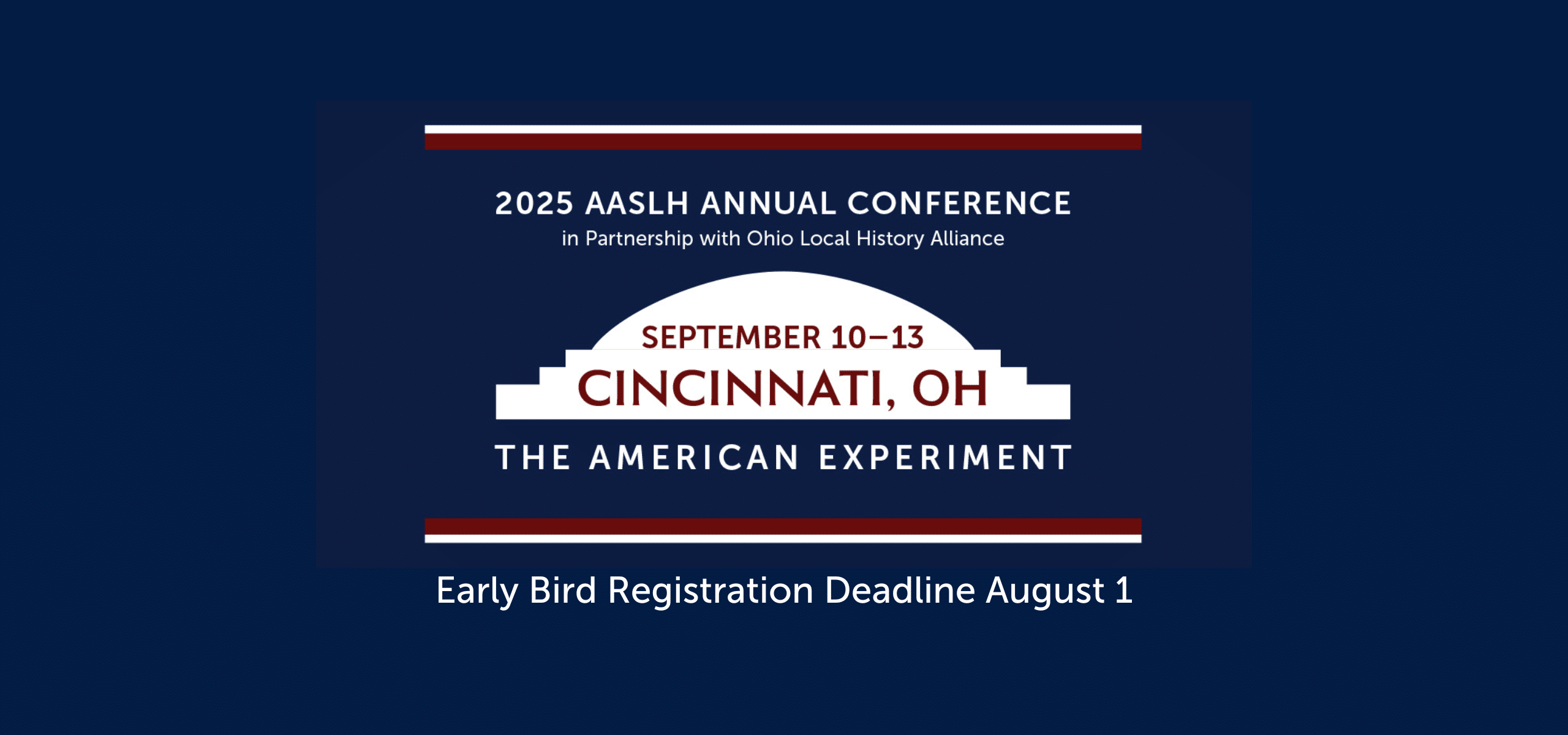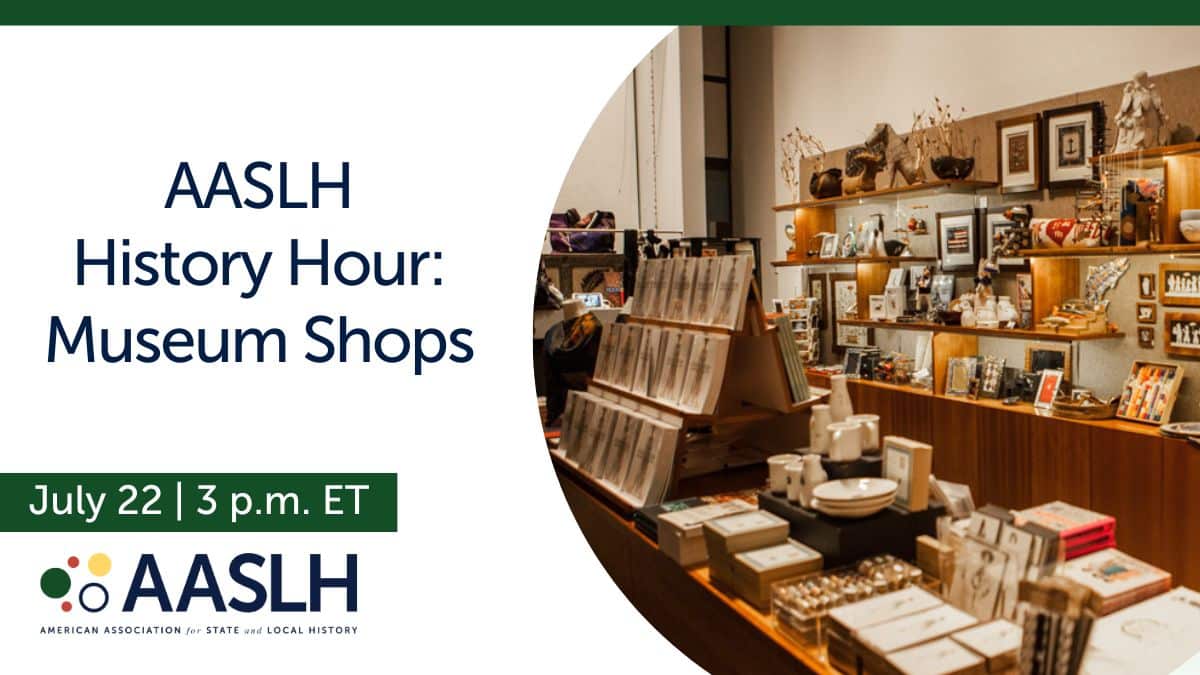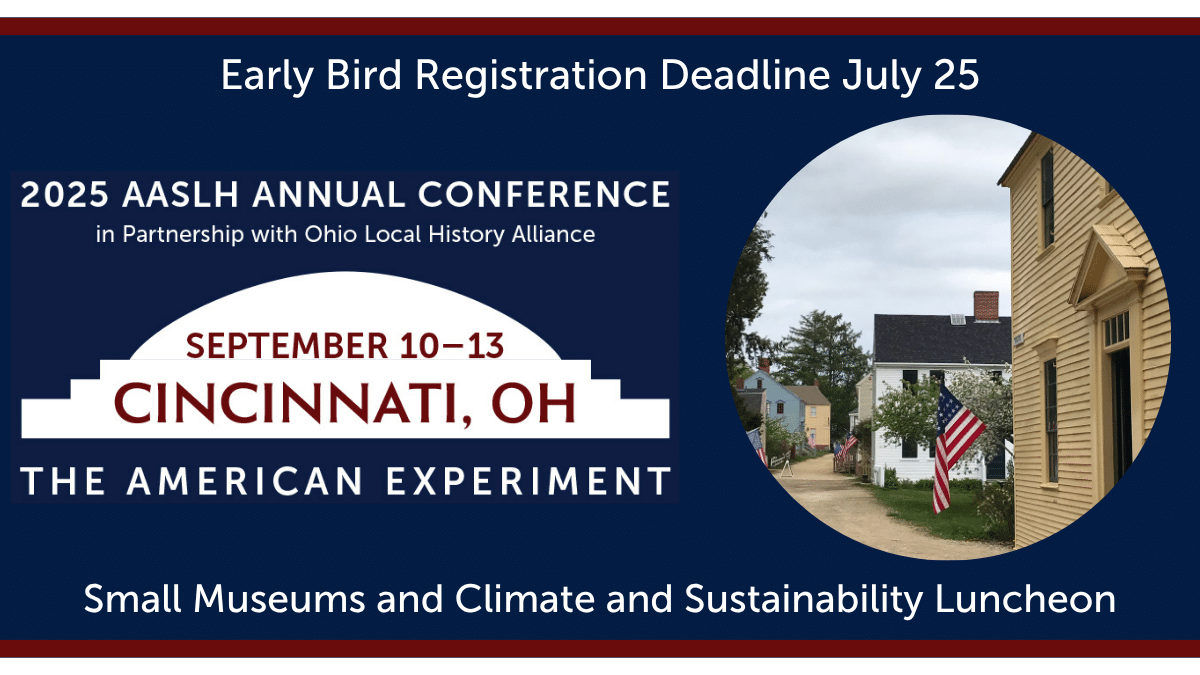 Colleague, former Education and Interpretation Committee member, and all around terrific history professional Michelle Moon recently posted on the use of the term docent at her museum, Peabody Essex Museum (PEM).
Colleague, former Education and Interpretation Committee member, and all around terrific history professional Michelle Moon recently posted on the use of the term docent at her museum, Peabody Essex Museum (PEM).
In her post, Michelle taught me a few things about this most-revered of terms in the museum world. First, I didn’t realize the word was relatively new to the museum world. I just thought it has been around since ancient times. It’s also a uniquely North American reference. “Docent” refers to university lecturers in Europe. (What I did know, by the way, was that it is not used universally in all museums.)
But no matter its origin, PEM has been grappling with the term. Michelle even noted they’ve “had some passionate discussions about this term.” Here’s a snippet of her commentary (read the full post here):
Over the past year, docents and education staff have been meeting, both as a large group and in small discussion groups, to talk about new ideas for volunteering in museum education. We’re planning on growing and enhancing our volunteer program with some new types of group experiences and modes of service. As part of that discussion, we’ve raised the question: Does it still make sense to call education volunteers “docents”?
I ask you the same question, “Does it still make sense to call education volunteers “docents” in history organizations?”



